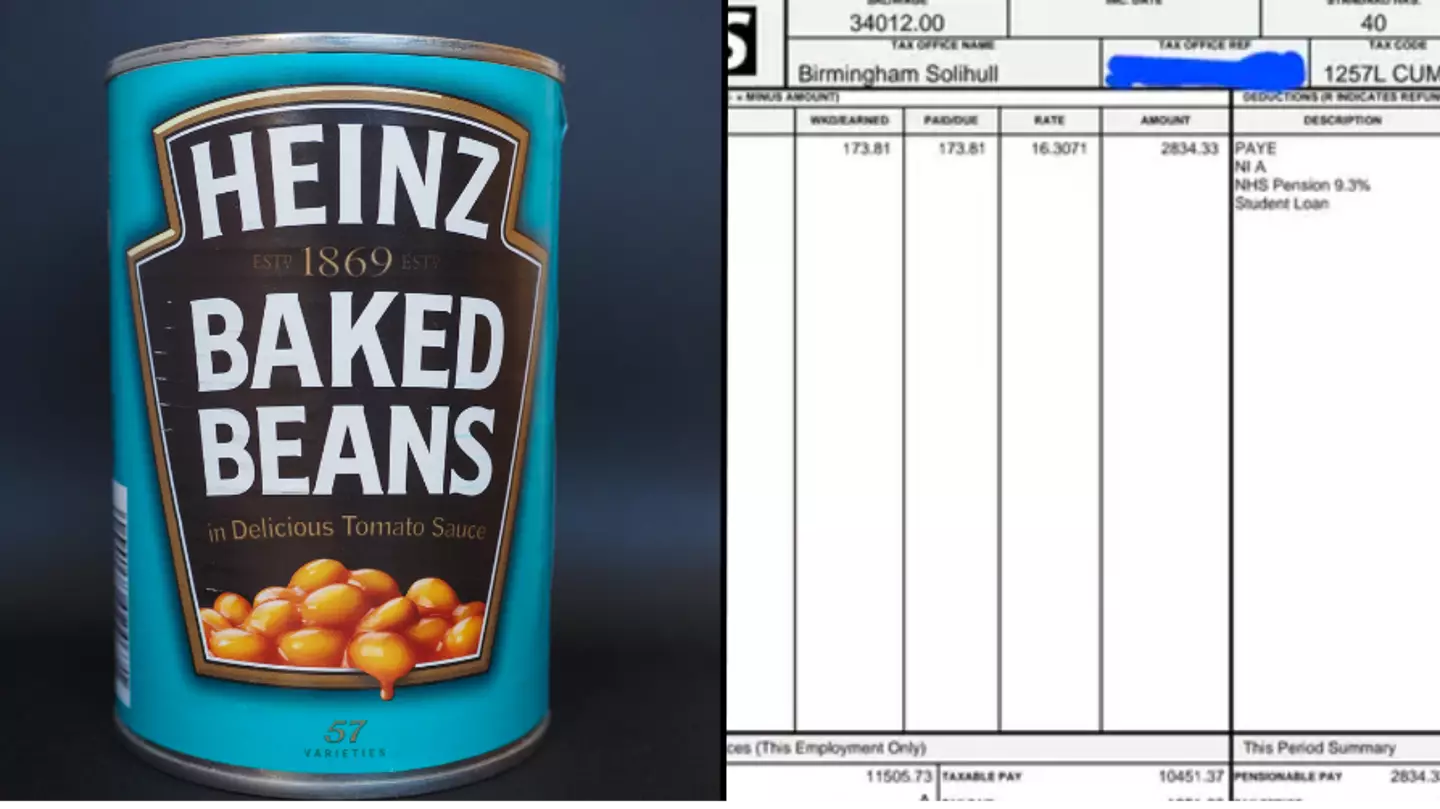
A man has explained why junior doctors aren't happy with their current rate of pay by using that wonderful metric of a tin of baked beans.
Junior doctors are currently on strike as they say that since 2008, their pay has dropped due to a 'more than 26 percent real-terms cuts'.
The British Medical Association say they are seeking 'full pay restoration' following a 'steep decline in pay' and also want the government to agree to 'prevent any future declines against the cost of living and inflation'.
Newly qualified junior doctors can earn as little as £14.09 per hour, which for some context is less than you could earn working as a barista at Pret a Manger.
Advert
There's no criticism to be levelled at the baristas here, they're just doing their jobs and don't get to set how much other people get paid, but junior doctors certainly think that the government has a case to answer.

To really illustrate the scale of the problem people are facing Dr. Steve Taylor took to Twitter and compared how many tins of Heinz beans you could buy back in 2008 on a junior doctor's hourly salary compared to these days.
Back in 2008, a junior doctor could be paid £9.60 an hour, which would be enough to get you 24 tins of Heinz baked beans in that time.
For those of you who aren't bean counters, the more classic method Brits like to measure changing values of the Cadbury's Freddo would see a junior doctor in 2008 being able to afford 64 of the little chocolate bars as they cost 15p back then.
These days the situation is rather different as junior doctors can start on £14.09 an hour - which sounds like plenty more than £9.60 - but translates to just 10 tins of what's now called Heinz Beanz at a price of £1.40.
As for the Freddo comparison, that'd get you 46 Freddos at their average 2022 price of 30p, though some places are selling them for even more.
.webp)
Dr. Taylor's baked beans illustrate a stark point that as prices continue to rise due to inflation, people's ability to afford things diminishes unless their pay packet manages to keep pace.
That links to another stark truth that if people can't afford to buy things as well as they used to, then the economy is going to be in a worse place - £14.09 in today's world will not take you as far as £9.60 did back in 2008.
Since you can't pay rent, keep the lights on or afford food off the back of some applause you got a few years ago striking for restoration of pay is seen by junior doctors as their recourse.
The NHS has been in dire need of more staff for years as people have left to seek better working conditions, sometimes not even staying in healthcare.
People go into these jobs because they want to help others and plenty are leaving after being burnt out from the pressure while the pay takes you less and less far.